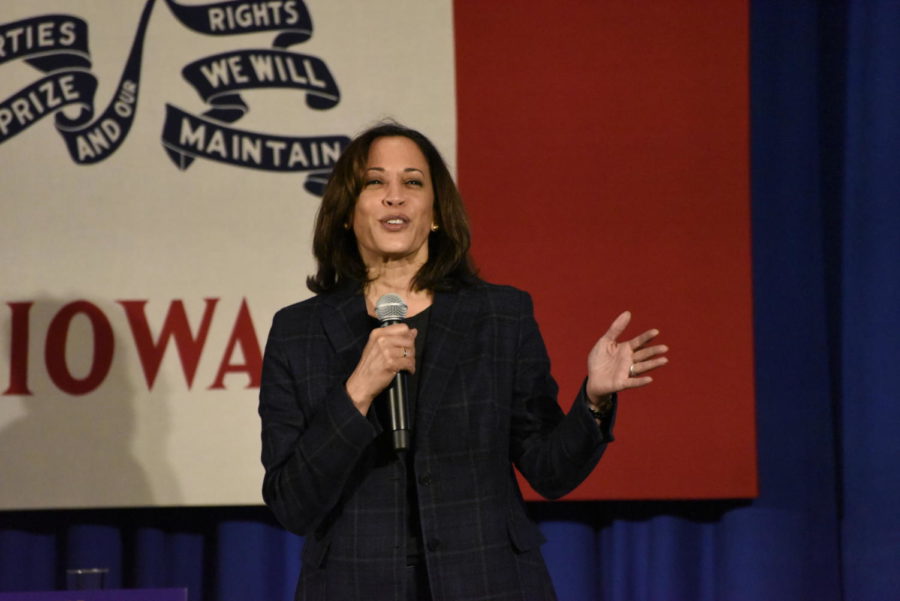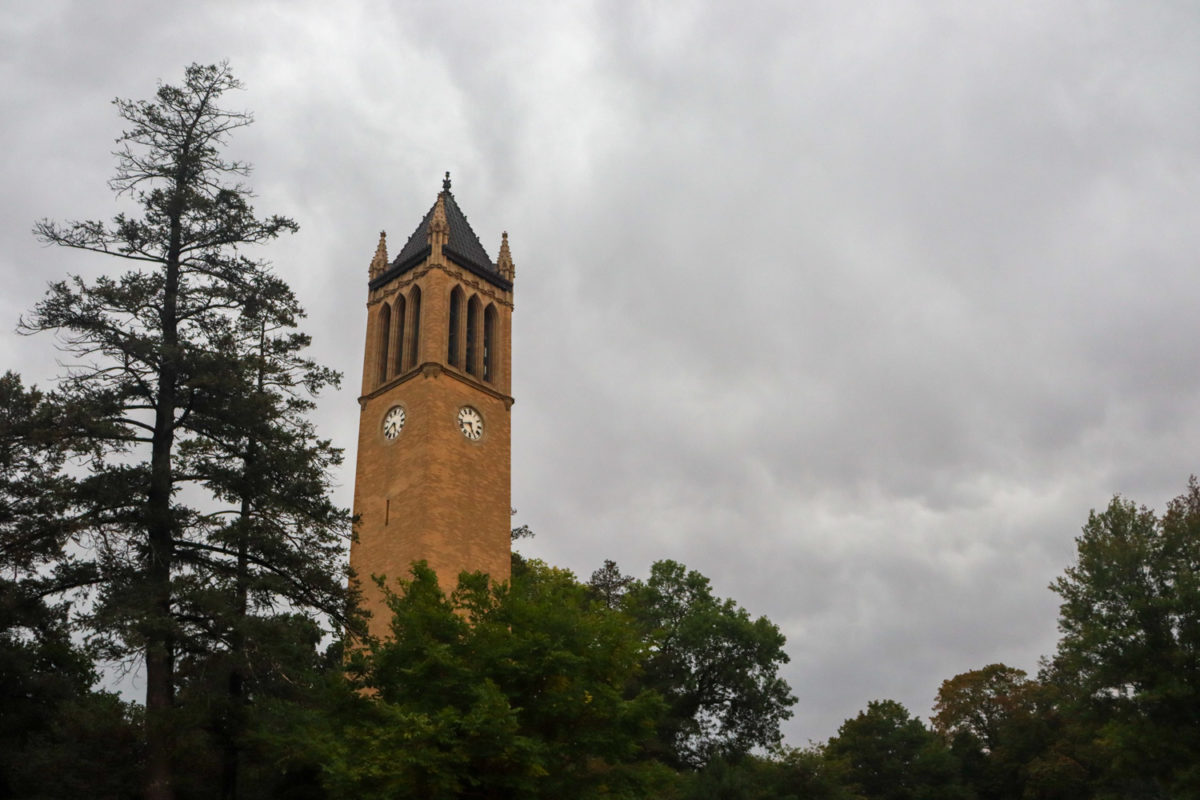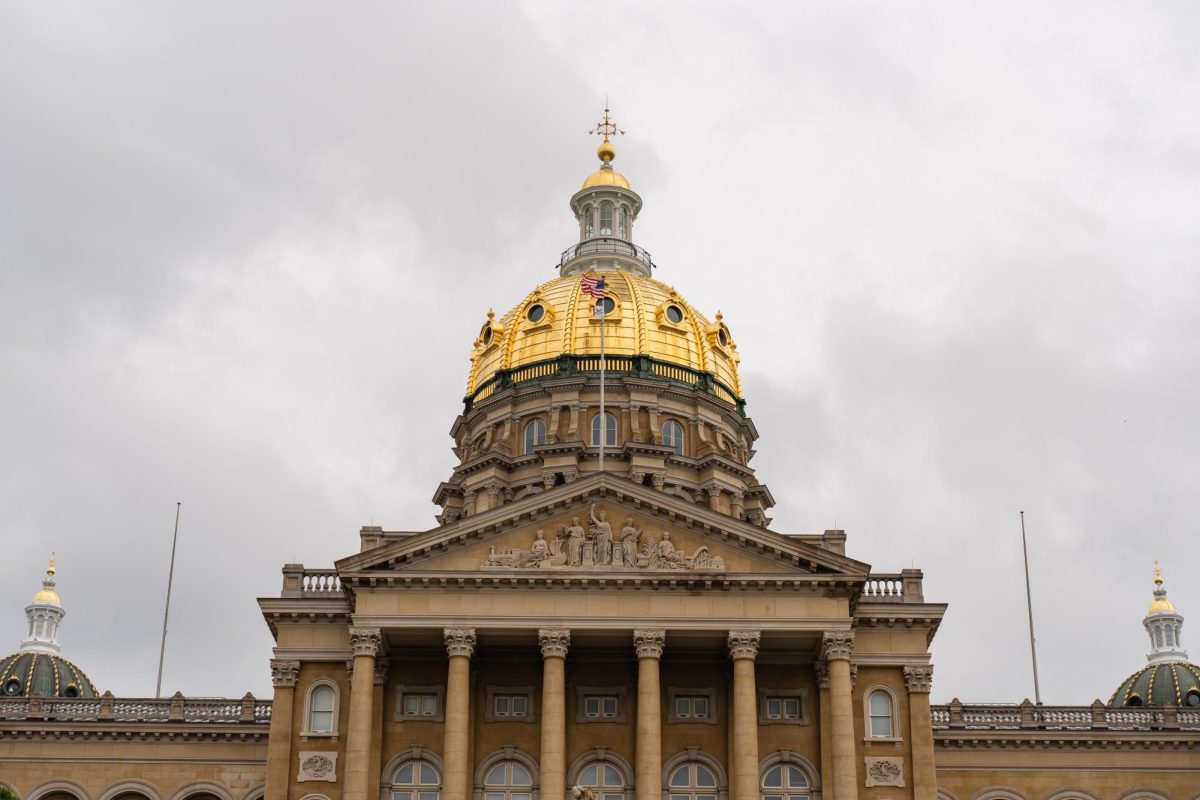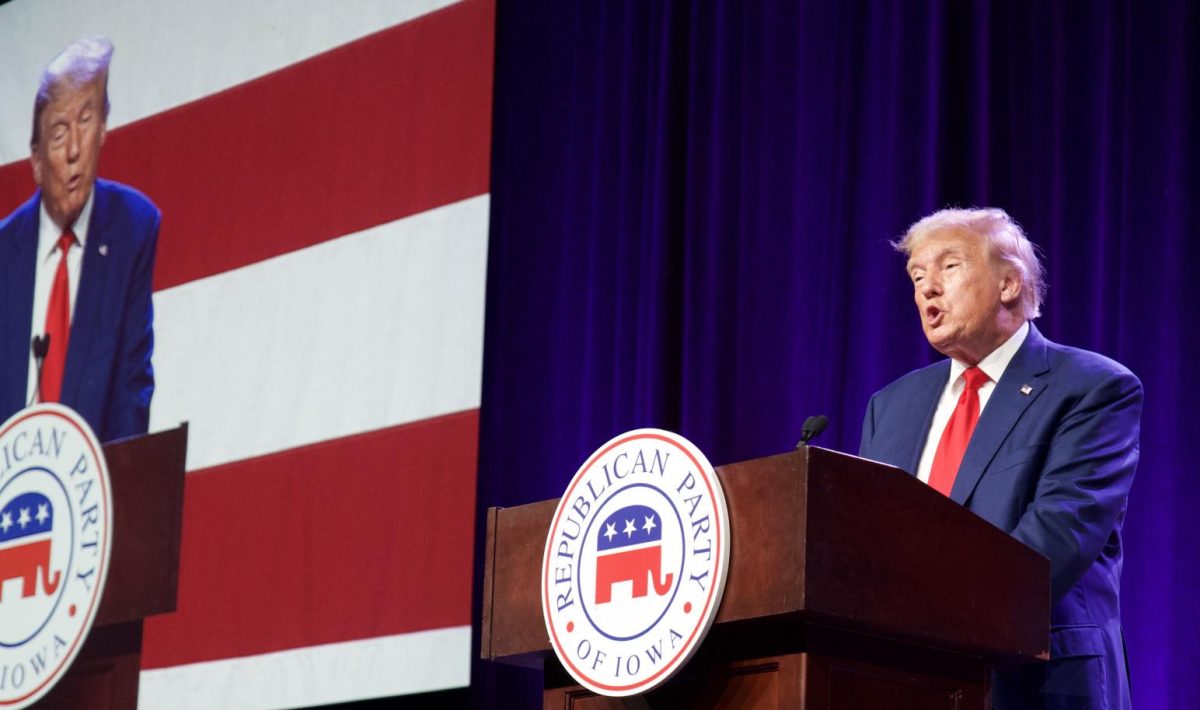According to the renowned Selzer Poll, Vice President Kamala Harris has “leapfrogged” former President Donald Trump, taking a three point lead among likely voters. However, do not be confused – it is highly unlikely that Harris will win Iowa.
For context, likely voters in Iowa were asked the following question:
“If the general election were held today and the candidates for president were Kamala Harris for the Democrats, Donald Trump for the Republicans, Robert F. Kennedy Jr. for We the People and Chase Oliver for the Libertarians, for whom would you vote? If you already voted, for whom did you vote?”
Pulses of excitement shot through the veins of a number of Iowa Democrats, many speculating that a Harris victory in Iowa is more plausible than they previously imagined. I argue this is both premature and naive. The hope is understandable, though, if you’re a staunch Democrat in a ruby-red state such as Iowa, which delivered Trump solid victories in 2016 and 2020.
Personally, I’d bet on Trump to win Iowa without much difficulty. Many of my Democrat friends advance and defend the notion that new ideas have emerged and are now sweeping through the Iowa electorate, possibly tipping the scales toward the Democrats in a meaningful way. However, Ann Selzer herself does not even attribute this shift in polling results to ideological changes, but rather to an increase in who would be considered a likely voter. Selzer’s poll is undoubtedly compelling, but I think she will regretfully add a tally to the losing column on election day.
I want to be clear: my prediction does not stem from personal bias toward Trump–anyone who reads my articles knows how much disdain I hold toward him–but when I look at the facts objectively, I determine that Iowa, to my disappointment, is very much still ReTrumplican territory.
To many poll junkies, I have uttered pure heresy. Ann Selzer is what some would call “the best pollster in politics” and has made infamous predictions, such as Obama’s win in Iowa 2008 where the “auburn-framed face” challenged “the conventional wisdom of a Clinton dynasty.”
Nate Silver, another highly respected pollster, suggests that “in a world where most pollsters have a lot of egg on their faces, she [Selzer] has near-oracular status.”
Given my hesitation to accept Selzer’s new poll, thereby questioning “Iowa’s ‘polling queen’”, one might wonder as to how I ground this challenge. It isn’t difficult in my view. Take the opinion of Silver once again:
“Releasing this poll took an incredible amount of guts because — let me state this as carefully as I can — if you had to play the odds, this time Selzer will probably be wrong. Harris’s chances of winning Iowa nearly doubled in our model from 9 percent to 17 percent tonight, which isn’t nothing. Polymarket shows a similar trend, moving from 6 percent to 18 percent after the survey. But that still places Harris’s odds at around 5:1 against.”
So it’s safe to say that Trump’s camp should still feel comfortable in Iowa, even though it’s not likely to play a decisive role in the election. However, to be expected, Trump is furious at Selzer and her poll results.
According to Reuters, “the Trump campaign released a memo from its chief pollster and its chief data consultant calling the Des Moines Register poll ‘a clear outlier,’ and saying that an Emerson College poll–also released Saturday–more closely reflected the state of the Iowa electorate.” Whether this is true or not, Trump’s reaction is to be expected. He labeled Selzer his “enemy” even though her earlier polls had Trump stomping Harris by a decisive margin.
In conjunction to Selzer, another Iowa poll raises an interesting question among Iowa likely voters:
“If Donald Trump wins the presidency, do you think it would be the right thing or the wrong thing for him to order the Justice Department to drop all pending criminal charges against him?”
Poll results show that “57% of likely voters think it would be the wrong move. Only about one in four likely Iowa voters, 26%, say it would be the “right” thing, while 17% are unsure.”
While highly specific, these results could shed light on possible voting shifts in Iowa and the midwest more generally. If Harris overperforms in Iowa, will this also reflect in other midwest states like Wisconsin and Michigan, which are much more consequential?
This question to me is far more important than the question of Iowa. As I stated before, I predict Trump to win Iowa by a healthy margin, even if that margin is slimmed down by a temporary uptick in Democratic likely voters – but what do these polls tell us about the midwest in general, if anything?
This is the big question we are forced to wait for. I am confident, though obviously uncertain, that Trump will keep Iowa on the Republican belt.
Buckle in, let’s see how this goes.








